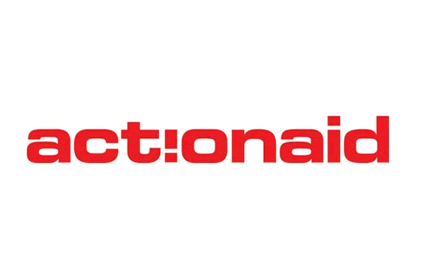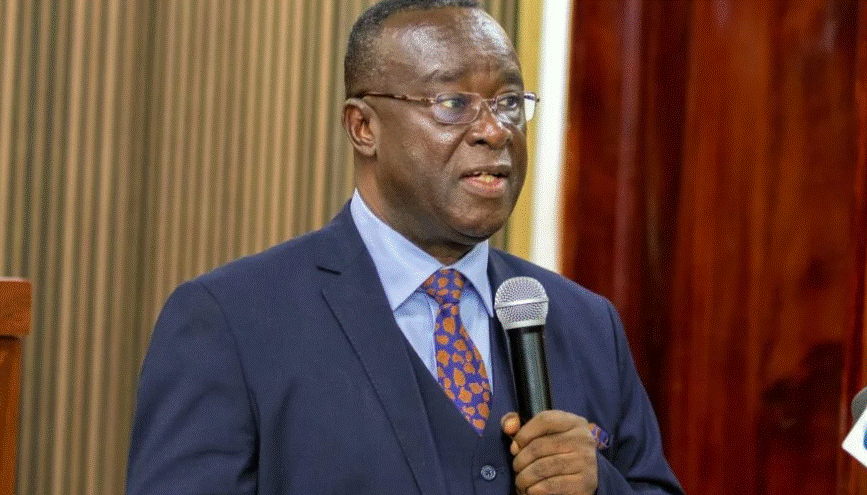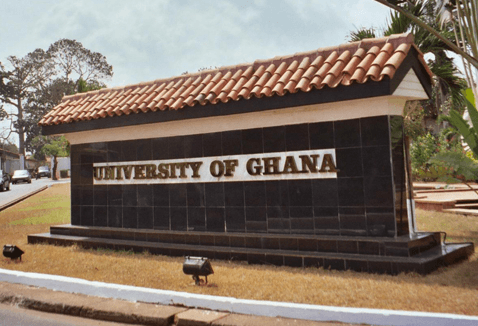
By Kingsley Webora TANKEH
The Managing Director of FirstBank Ghana, Victor Yaw Asante, has stated that banks must be willing to trade-off short-term profits for long-term economic stability and ensure loans are affordable to boost economic growth.
His comments come after the recent 2 percentage points drop in the Ghana Reference Rate – from 19.86 to 17.86 in October – and a push by the Bank of Ghana to reduce Non-Performing Loans (NPLs) ratios to below 10 percent by end-2026 and lower lending rates.
Speaking to Business and Financial Times (B&FT), the renowned banker positioned affordable finance not only as a regulatory directive but also a core banking imperative for sustainable growth.
He however commended Bank of Ghana Governor Dr. Johnson Pandit Asiama for hitting the ground running with reforms to restore sanity in the banking sector.
He noted that challenges in the sector may stand in the way of reforms but maintained a drop in interest rates is necessary. “The cheaper the cost of funds, the more likely people will make good returns and therefore the ability to pay is higher,” Mr. Asante explained.
He further noted that banks will be more than willing to lend at lower rates, saying: “It’s better to lose some profit and get the money you lend coming back than get profit on paper and at the end of the day you are not able to realise it because the borrower is unable to pay you”.
However, he said, the implications are that “margins will become thinner for financial intermediation while at the same time cost is going up. So, we may lose some profit. But it’s okay”.
With the banking sector battling an elevated Non-Performing-Loan (NPL) ratio of 23.1 percent, Mr. Asante lauded the central bank’s directive for banks to reduce their NPL ratios to below 10 percent by 2026 or risk forfeiting dividend and bonus pay-outs, saying it could not be timelier.
He therefore proposed an even more ambitious internal target for the sector. “No bank will set an internal NPL limit of 15 percent,” he noted, saying the Governor “would be happier with 5 percent as would the banks”.
However, he stated that the directive may or may not occasion a credit crunch even though it will require massive write-offs, saying banks have already provisioned for their NPLs.
Mr. Asante outlined a two-pronged strategy of ‘aggressive recovery’ and more prudent lending to drastically reduce NPLs in the sector.
“To avoid creating fresh NPLs, banks should probably be more careful in our assessment process,” he said.
He assured that the sector has provisioned for their NPLs and he expects broad compliance with the regulator’s 2026 deadline.
Mr. Asante detailed his bank’s specific strategy for serving small- and medium-sized enterprises (SMEs), which he called the bank’s original DNA.
He confirmed that FirstBank Ghana has “tailored products for SMEs” including short-term working capital facilities and specialised trade finance and is committed to providing affordable finance. However, he emphasised that affordability does not mean a lack of oversight.
“Collateral doesn’t mean without control. It’s a mixture of control and collateral,” Mr. Asante said, describing a hands-on approach whereby the bank pays suppliers directly, monitors inventory and provides financial advisory services to SME clients.
“We give them a reason to behave,” he noted. “Once you have our money, we will not give you a chance to misbehave.”
This commitment to broadening access was demonstrated by the bank’s recent physical expansion, including commissioning its branch in Tamale – the first in Northern Ghana, achieving 70 percent physical coverage.
The GRR is used by banks use to determine their lending rates and is set by the Ghana Association of Banks (GAB). Commercial banks add their own risk premium to the GRR in setting the final interest rate for a loan. A lower GRR can result in cheaper credit for individuals and businesses.
The post We’ll take lower profits for affordable loans, healthy economy – FirstBank MD appeared first on The Business & Financial Times.
Read Full Story

























Facebook
Twitter
Pinterest
Instagram
Google+
YouTube
LinkedIn
RSS